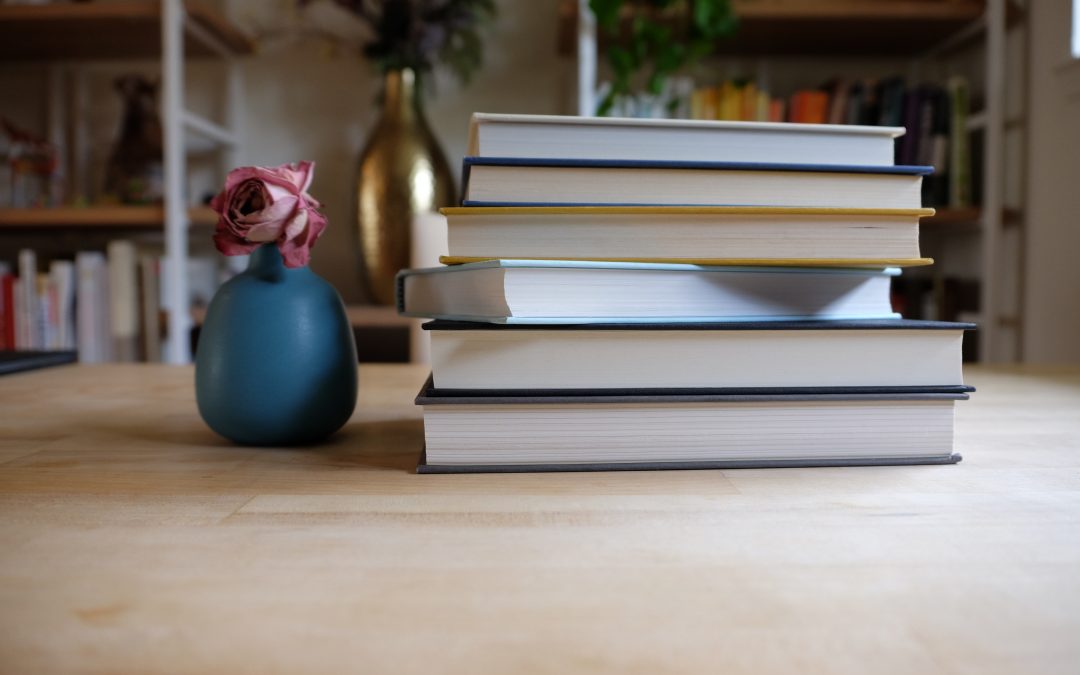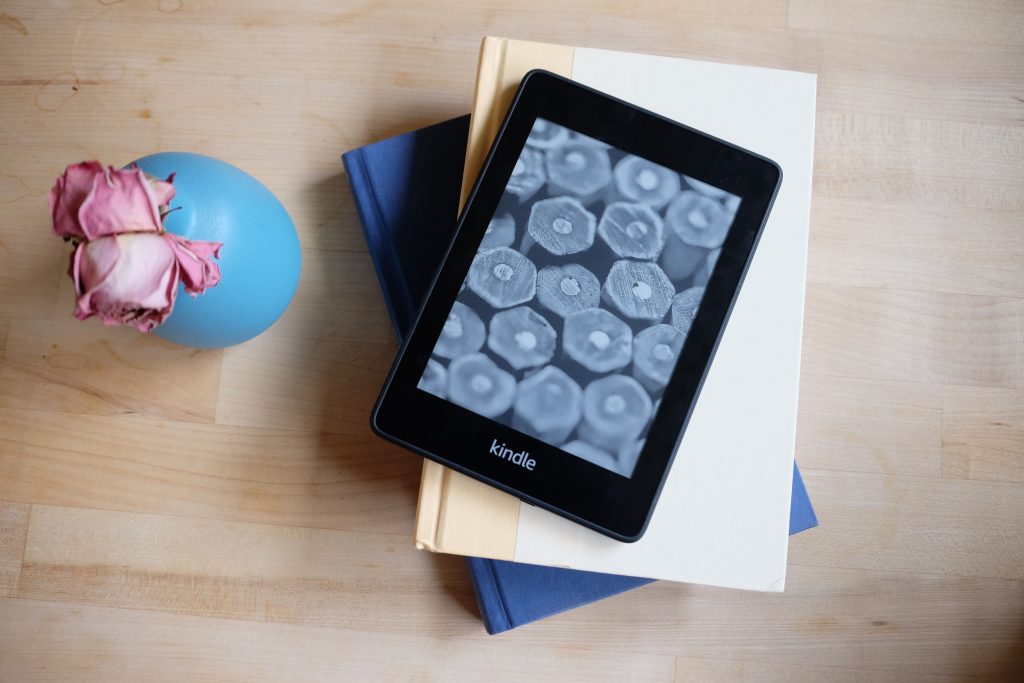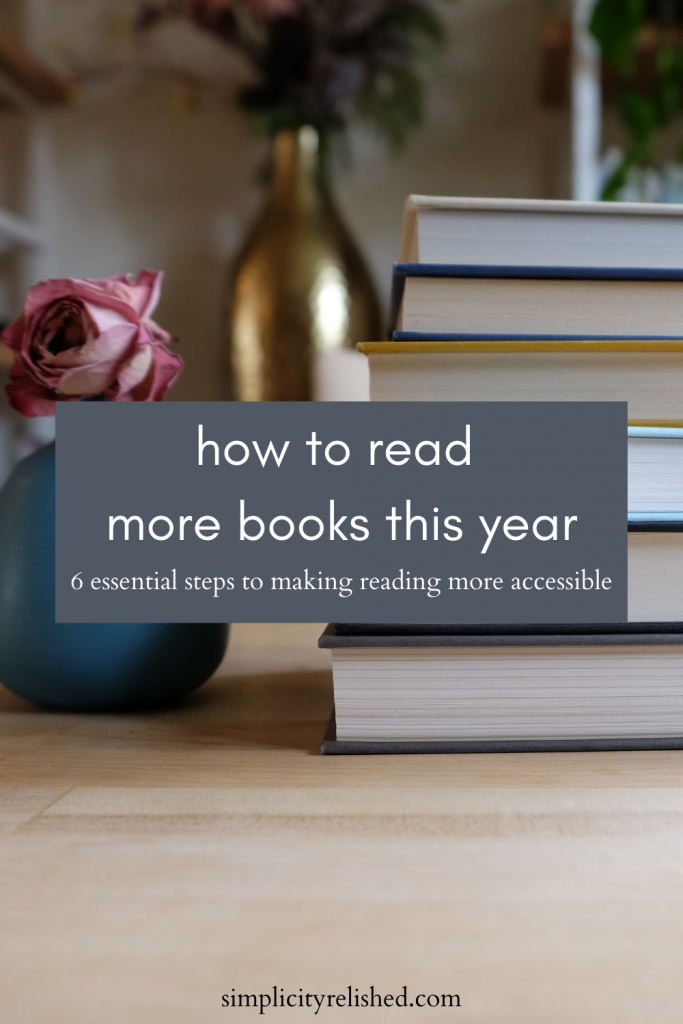“I had always thought that I would read more if I had the time but I’ve discovered that I would not.”
These are the words of a meme comedian (I don’t remember whose), posted on Instagram shortly after the world shut down in March of last year. Those were the early, naive days of the pandemic— we thought it would be over in 2 weeks, we started baking banana bread, we fought over toilet paper, and we posted our Zoom screenshots.
Now a year in, even as cases fall in the US and vaccines roll out, some of us have not reaped as many benefits as we thought we would from the reduction of our pre-covid obligations. Fewer hours spent commuting, fewer events and gatherings, fewer places to go: with all this saved time, we thought we would make so many improvements.
Many of us thought we would read more books. But instead, we just worked more.
We actually read all the time
Between news articles, social media feeds, and random Google searches, we actually read quite a bit during our non-work hours. But why does it feel like we still aren’t reading as many books as we would like?
Part of this, I think, is mindset. We think reading is something we have to do when we have at least an hour of free time. Cliche notions of curling up with a book on a rainy afternoon might romanticize reading to a point where it pretty much feels like we have to be on vacation somewhere far away. And these days, who’s doing that?
Further, we feel that reading can’t be something we do first thing in the morning (though again, why do we need to read every “breaking news” email?). Some of us might read for a short time before bed, but let’s be honest, we’re probably reading more “breaking news” or “evening briefings” instead.
The bottom line is, if reading more books is a goal that you have, it might be time to make a few adjustments.
How to read more books in 2021
1) Read only what engages and inspires you. Really.
Some books are a terrible slog. Others are so one-dimensional that they really should just be a tweet. These days anyone can write a book, and that isn’t necessarily a good thing. So cut yourself some slack and stop insisting that you have to finish every book you start. It’s ok not to like someone’s writing and you aren’t a failure for quitting a book. Because when your only reading option is a 500-page book whose first 50 pages left you unmoved, you’re probably going to scroll through Instagram instead.
One of my favorite ways to discover new books is through the website Five Books, a nonprofit that seeks experts’ advice on what to read regarding a certain genre or topic. When I wanted to learn more about Indian culture and history, I discovered multiple lists on the website and have loved everything recommended.
2) Talk about the books you’re reading and what they’re teaching you.
This is kind of like being your own book club (obviously you can join a real one, too). Getting in the habit of sharing something from your reading that feels relevant to daily conversation can make it easier to keep yourself accountable. Test out new ideas. Reflect on stories and draw parallels against personal and global events. After all, isn’t this what the liberal arts education is for? Note: Avoid boring your conversation partner! Choose only the best punchlines and ideas, rather than giving them an unwanted book report.
3) Make public commitments and share your reading, if that’s your thing.
Last Tuesday evening, I finished a book cover-to-cover in one sitting. It was a bit stressful, but I had promised to help a friend with her book launch and I had a deadline for reviewing and posting about it. So I sat down, read the book in a couple of hours, and fulfilled my commitment. It was surprisingly rewarding— a whirlwind adventure I never would have allowed myself if no one was counting on me to do it.
You might not be asked to help launch a book, but joining Goodreads is a great way to keep track of what you’re reading and make it known to the public. Thousands of people use the platform and you’re likely to discover some bookworm friends on the platform, too.
4) Read for 10-15 minutes each time. Audiobooks count, too.
We all want to curl up with a book for 4 hours in a cozy corner somewhere in the lush countryside, but waiting for that perfect moment to read means we probably never will. So be practical about it: read several pages, or even a chapter, during a short break. Can you give yourself 15 minutes in the morning to read with a cup of tea in hand?
Also, listening to books counts as reading. Understanding it any other way is to forget about people who are vision-impaired. While listening to a book is usually less efficient than visually reading it, audio allows you to go on a walk or do housework at the same time.
5) Get the Kindle model that works for you.
For the longest time I was a Kindle resister. I insisted on reading a physical paper book, and also didn’t want even more of my money going to Amazon. However, the Kindle really is an amazing product and has increased my reading significantly. The fact that you can get almost any book instantly is a game-changer: I also love being able to underline important quotes and get them emailed to me. And while it took some getting used to, I love how light the Kindle is compared to a real book. Some of my favorite books have been wrist-killers, at 500+ pages.
If I really love a book, I might still buy the physical copy. And in doing so, I’ll purchase from Bookshop.org to support independent bookstores. Here is the Kindle that I use and love.
6) Decide why and how you want to read, and set corresponding goals.
This should have been the first step, and it is an ongoing reassessment. What are you hoping to gain from reading books? Is it exposure to new ideas? Deeper engagement with interesting topics? Aesthetic enjoyment of good writing? Escaping and expanding your imagination?
The fact is that as a fully functioning adult, you don’t have to read books. You really don’t. Many of us grew up with the perception that reading was somehow morally superior to other activities. But considering how much poor writing and incoherent ideas exist in books, there is no basis for that.
So why do you want to read? This will determine the books you select and how quickly you move through them. There is no virtue in reading fast or slow, fiction or nonfiction, new or old; the point is to choose a pace and goal that reflects your personal reasons for reading.



